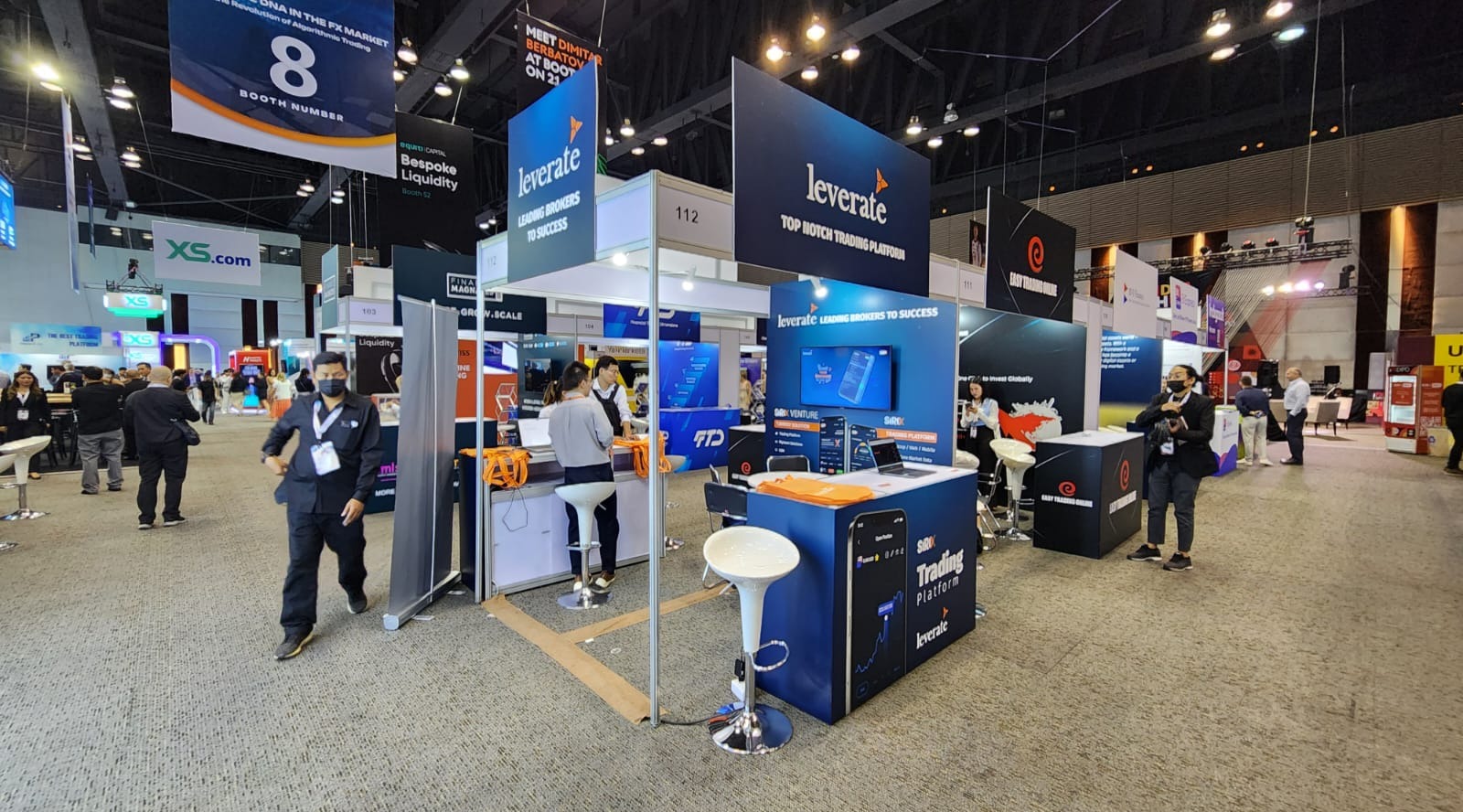HIVE Blockchain Technologies Ltd. (HIVE), a dual-listed crypto mining company, has reported its Bitcoin (BTC) production statistics for January, showing a modestly lower number of mined assets when compared to the same period last year.
HIVE Reports Mining Metric for January 2023
According to Tuesday's press release, HIVE mined 260 BTC in January 2023. This is 1.5% lower compared to 264 BTC a year earlier. On a monthly basis, the January numbers are 21% higher than in December 2022, when HIVE produced 214 BTC. The average daily production came in at 8.4 BTC per day.
HIVE notes that the current mining numbers are consistent with previous results due to the increasing Bitcoin mining difficulty, which shot up by around 60%. Moreover, the company was able to increase the current 'BTC HODL' balance to 2430, which translates to a 20% jump on a year-over-year basis from 2043.
"We are very happy to have overcome several big headwinds over the past year such as Bitcoin prices falling 50%, the Global Difficulty surging 50% which means fewer coins mined unless you increase both the efficiency of ASIC chips and [the] number of machines mining which HIVE has done," Frank Holmes, the Executive Chairman of HIVE, stated.

Large Upgrades in HIVE Data Centers
HIVE upgraded its data centers by deploying over 6,700 new-generation ASIC miners, which is a significant improvement in the company's history aimed at enhancing fleet efficiency and boosting gross mining margins.
What's more, the company deployed over 3,200 BuzzMiners in its Canadian and Swedish facilities and 3,570 S19j Pro miners into its Canadian data centers in Lachute and New Brunswick. HIVE is currently expecting to receive the next batch of 645 BuzzMiners within the first quarter, which will raise the total quantity of BuzzMiners to 6,300.
"We are proud to be producing 260 Bitcoin while also earning over USD $180,000 this month from our grid balancing initiatives. Our team has deployed over 6,700 ASIC miners in our data centers, including over 3,200 HIVE BuzzMiners, powered by the Intel Blockscale ASIC and all of the 3,570 S19j Pros we acquired in December 2022," Aydin Kilic, the President & CEO of HIVE, commented.
The new mining rigs allowed HIVE to increase the available hashrate by 25% compared to December 2022. The January number came in at 2.68 Exahash of BTC Hashrate.
Watch the recent FMLS22 panel on reimagining the crypto market structure.
HIVE Bets on Grid Balancing
During January, HIVE earned $180,00 from balancing the grid, expanding its revenues from direct Bitcoin mining. Based on daily Bitcoin prices, the income from grid balancing during January would equal the mined value of 10 BTC.
According to Kilic, HIVE became the first publicly-listed crypto mining company to earn income from its grid balancing program in Sweden. Currently, the company views grid balancing as a core part of its strategy and is focusing strongly on hedging energy prices.
"We are continuously looking to optimize our allocation of energy as a resource, either to generate hashrate or sell energy back to the grid. Moreover, if unhedged spot prices are uneconomical in a specific jurisdiction, we quickly scale down our production," Kilic added.
Crypto Miners Reported Strong 2022
A month ago, HIVE presented its yearly BTC production statistics, showing an increase of 18% to 4,752 BTC when compared to 2021. Other publicly-listed crypto companies were reporting better production numbers. Bitfarms showed that the number of BTC mined reached 5,167, growing 49,6% yearly from 3,453.
Although HIVE and Bitfarms increased their production significantly, the overall financial statistics deteriorated in 2022 due to the harsh crypto winter and substantial BTC price declines.
The record-breaking mining statistics failed to compensate for declines in the prices of major assets, and the industry suffered a sharp drop in revenues in 2022. The overall revenues slumped by 37.5% to $9.55 billion, which was $6billion lower than in a year before.


















